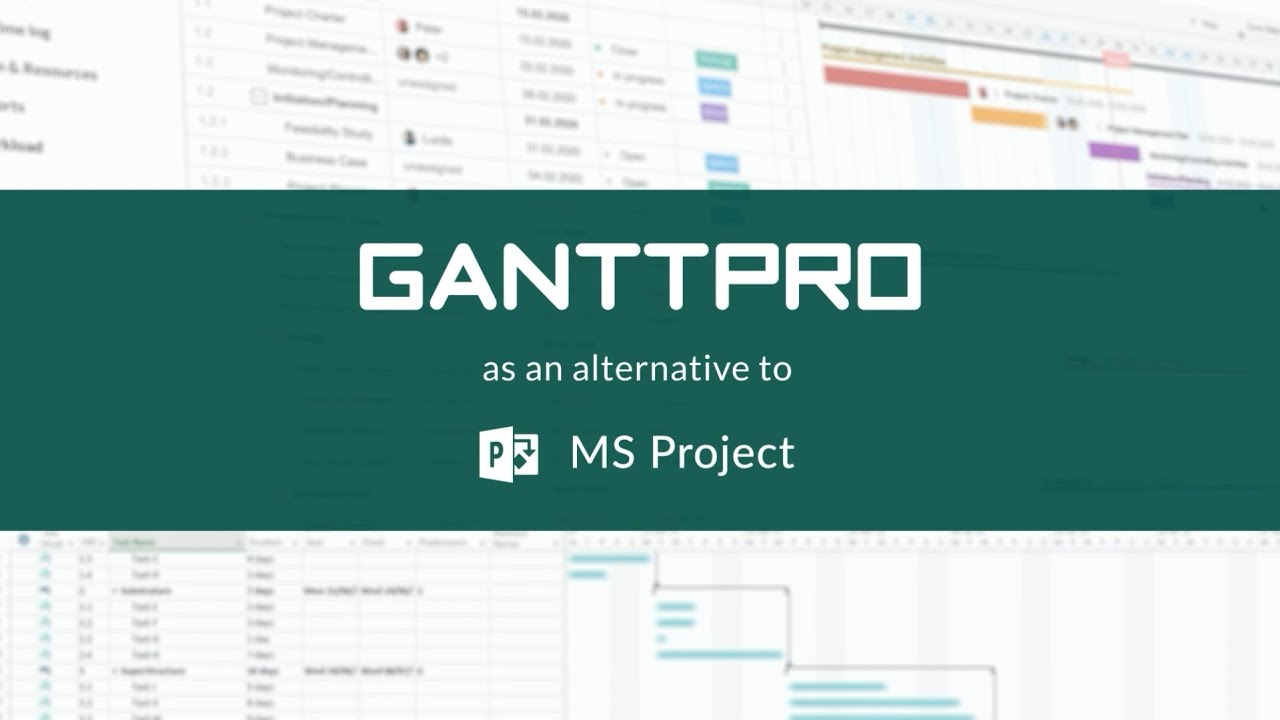How Cost Management Can Be Incorporated into Project Management Frameworks and Methodologies
Cost management is one of the critical components in project management, as it affects the success of a project. In this article, we will be exploring how cost management can be integrated into various project management frameworks and methodologies.
The integration of cost management into project management involves a variety of tasks, such as defining the budget, allocating resources, monitoring expenses, and controlling costs. All these tasks must be performed in a structured manner, taking into account the specific needs of the project and the stakeholders involved.
Project Budgeting
The first step in integrating cost management into project management is to define the budget. The budget is the financial plan for the project, which outlines the expected expenses, revenue, and profit. It is essential to establish the budget in the early stages of the project to ensure that the project stays within its financial constraints.
The budget should be based on realistic estimates of the costs of the project, taking into account the resources required, the duration of the project, and any other relevant factors. The budget should be reviewed regularly to ensure that it is still accurate and relevant to the project.
Incorporating cost management into project management frameworks and methodologies also involves creating a Gantt chart or using online Gantt chart software like GanttPRO, Microsoft Project, Wrike, ClickUp, Monday.com, Smartsheet, etc. This visual representation of the project timeline helps to keep track of progress and identify any potential issues early on.
“Budgeting is the cornerstone of project management. Without a budget, it is impossible to manage costs effectively.” - Harold Kerzner
Resource Allocation
Once the budget has been defined, the next step is to allocate resources to the project. This involves determining the number of staff, equipment, and materials that are required to complete the project. The allocation of resources should be based on the budget and the project schedule.
Resource allocation can be a complex process, as it requires balancing the needs of the project with the availability of resources. In some cases, it may be necessary to prioritize tasks or defer certain activities to ensure that the project stays within budget.
One way to simplify resource allocation is by using project management software like Microsoft Project, Wrike, Monday.com, Smartsheet, etc. These tools can help to automate the process of resource allocation, ensuring that the project stays within budget and on schedule.
“Effective resource allocation is the key to successful project management.” - Jim Johnson
Monitoring Expenses
Monitoring expenses is another critical aspect of cost management in project management. This involves tracking the actual costs of the project against the budget and identifying any variances. The goal of expense monitoring is to control costs and ensure that the project stays within budget.
To effectively monitor expenses, it is important to have a system in place for tracking expenses, such as an accounting system or project management software. This system should be updated regularly to ensure that the information is accurate and up-to-date.
Expense monitoring should also involve regular reviews of the project budget and expenses, with any discrepancies investigated and addressed quickly. This helps to prevent small issues from becoming larger problems down the line.
“The key to successful cost management is to monitor expenses closely and address any discrepancies quickly.” - John Maxfield
Cost Control
Finally, cost control is an essential aspect of cost management in project management. This involves taking proactive measures to ensure that the project stays within budget and on schedule.
Cost control can involve a variety of tasks, such as adjusting the budget, renegotiating contracts, optimizing resource utilization, and prioritizing tasks. The goal of cost control is to minimize waste, reduce costs, and maximize the value of the project.
One effective approach to cost control is to use project management software, such as Microsoft Project, Wrike, Monday.com, Smartsheet, etc. These tools can help to automate the process of cost control, ensuring that the project stays within budget and on schedule.
“Cost control is the key to successful project management. It ensures that the project stays within budget and on schedule.” - Tom Peters
In conclusion, incorporating cost management into project management frameworks and methodologies is essential for the success of any project. By defining the budget, allocating resources, monitoring expenses, and controlling costs, project managers can ensure that their projects stay within budget and on schedule.

